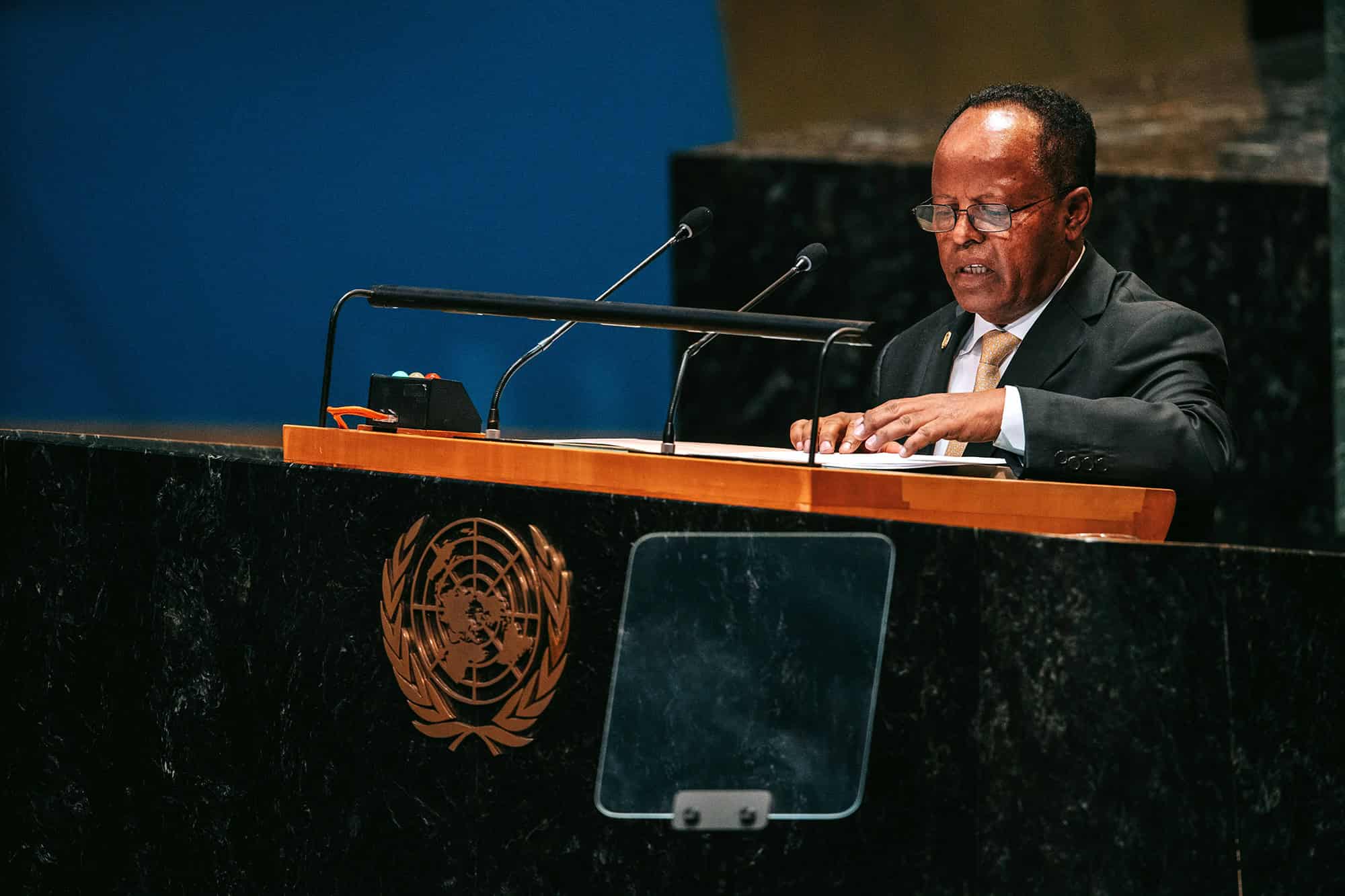Ethiopia has found itself in the spotlight in the troubled Horn of Africa. Every political move in the ancient, landlocked country is closely monitored for its potential impact on the stability of the region, where the war drums grow ever louder.
That continues with the appointment of new President Thaye Atske Selassie last month. Previously foreign minister and an experienced diplomat, Taye will succeed Ethiopia’s first female president, Sahle-Work Zewde.
This change is significant following disagreements between Sahle Work and Prime Minister Abiy Ahmed. For many, Abiy has gone from a global hero who won the 2019 Nobel Peace Prize to a pariah criticized for cracking down on dissent and widely condemned for waging a two-year war against rebels in Tigray province.
A close ally of Abiy, Taye risks damaging his reputation by taking on the largely ceremonial role of president, according to Abdallah Ahmed Ibrahim, director of the East African Center for Research and Strategic Studies in Nairobi. But he also has the credentials to argue that Abiy’s government now wants to reach out to its rivals at home and abroad, “promoting national unity and international relations,” Ibrahim adds.
At home, Ethiopia is grappling with ethnic tensions. The war in Tigray may be over, but pockets of insurgency are emerging in many regions.
In the outside world, investments in a controversial hydroelectric dam and a push for direct access to the sea through an agreement with the breakaway region of Somaliland are irritating Egypt and Somalia respectively. The Horn is on the brink: Egypt is supplying weapons to Somalia, Ethiopia’s often hostile neighbor.
“Ethiopia can expect President Taye to focus on peace, stability and economic growth,” says Ibrahim.
The new head of state has promised to bring harmony not only to the war-torn country, but to the entire region. More than four decades of work as a diplomat in the UN, Egypt and other countries provided him with the necessary experience and knowledge.
Economic growth, poverty reduction and promoting equality are other important areas Taye intends to focus on. Economic growth has averaged 10% a year over the past decade and a half, but poverty and inequality remain widespread in Africa’s second most populous country.
